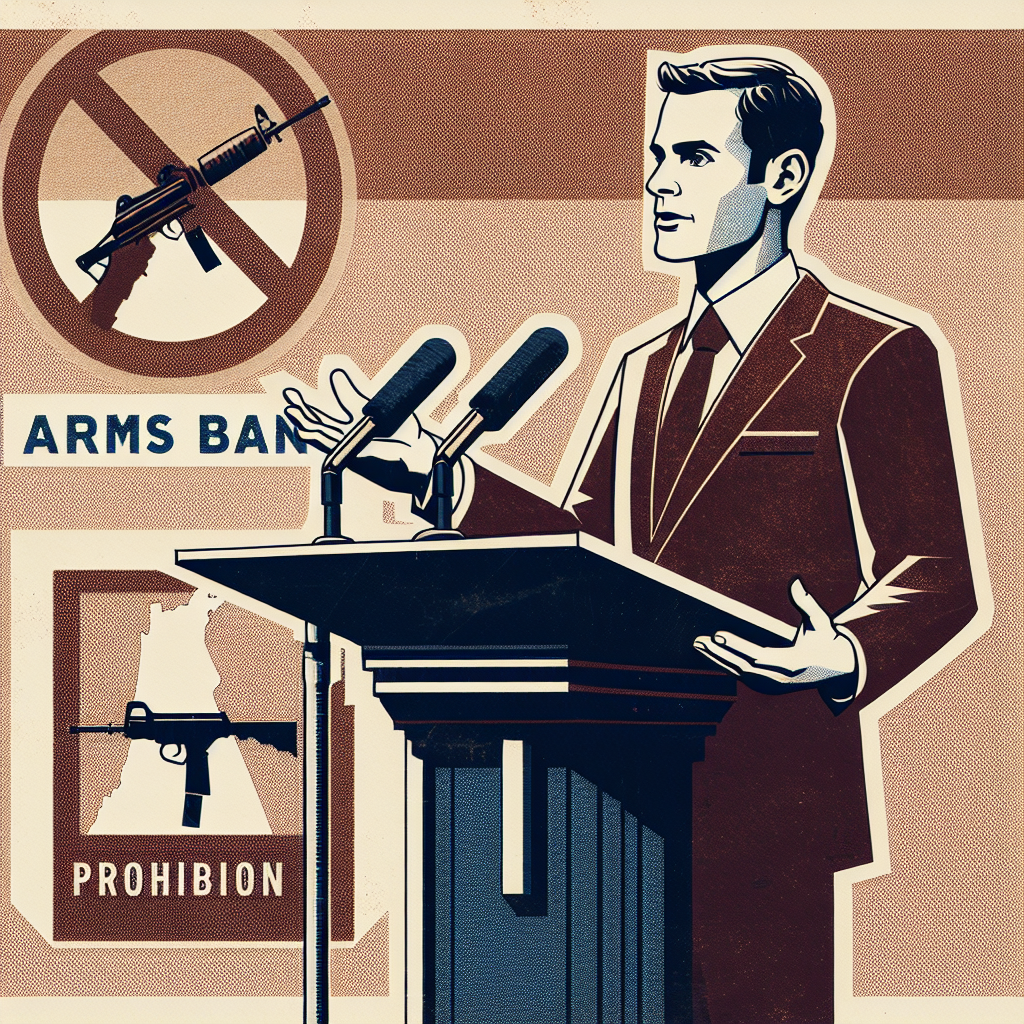The recent interaction between French President Emmanuel Macron and Israeli Prime Minister Benjamin Netanyahu highlights the complex dynamics of international diplomacy amidst ongoing conflict in the Middle East. Macron’s proposal for an arms embargo on Israel, aimed at addressing the humanitarian crisis in Gaza, was met with an aggressive rebuke from Netanyahu, who characterized such suggestions as shameful. Netanyahu framed Israel’s military actions as a defense of Western civilization against what he described as the barbaric forces led by Iran, insisting that all civilized nations should unequivocally support Israel. This confrontation underscores the limited influence of Macron and, by extension, European leaders in shaping Middle Eastern politics, especially in the face of aggressive rhetoric from Israeli officials.
The backdrop to this diplomatic spat is Macron’s increasing concern over the escalating violence in the region, particularly regarding the humanitarian situation in Gaza and Lebanon. In a press interview, Macron indicated that a diplomatic resolution to the conflict should prioritize stopping arms exports to Israel, a stance legally supported by the International Criminal Court’s ruling that the military operations in Gaza could amount to genocide. Macron’s call for an arms halt reflects a growing unease amidst rising casualties, primarily among women and children; however, the practical implications of his proposal are limited given France’s minimal arms exports to Israel in recent years. The lack of substantial action from Macron reveals not only the complexities of international arms trade but also France’s troubled legacy as a former colonial power in the region.
Compounding the issue is the predominant role of the United States and Germany as Israel’s major arms suppliers, which account for the vast majority of Israel’s military equipment. In stark contrast to Macron’s limited influence, the U.S. has provided significant military assistance to Israel, including an estimated $18 billion in arms over the past year alone. This disparity in power dynamics raises questions about the effectiveness of European leaders, including Macron, to pressure Washington to reevaluate its support for Israel. As the death toll in Gaza rises, the failure to utilize existing diplomatic channels manifests a critical problem: the collective impotence of European leaders to force change amidst overwhelming American backing of Israeli military actions.
Macron’s dissatisfaction with the situation is magnified by the escalating violence now affecting Lebanon, a nation intertwined with France’s colonial history. Recent Israeli airstrikes have resulted in severe civilian casualties and widespread displacement, intensifying international scrutiny over France’s lack of response during this crisis. Macron’s aspirations to restore France’s prominence on the global stage are in direct conflict with the visible ineffectiveness displayed in addressing the conflict in Lebanon. The predicament underscores a deep-rooted anxiety among European leaders who may find their historical ties to former colonies at odds with the current geopolitical realities shaped largely by military actions and alliances.
Despite the challenges, Macron’s call for an arms embargo initially garnered cautious approval from several Middle Eastern countries, indicating potential for collaboration against perceived injustices in the region. However, the reality remains that such gestures, while symbolically significant, lack the necessary power dynamics to effect real change in policies regarding Israel’s military actions. The disconnect between Macron’s ambitions and actual political influence reveals the contradiction of seeking diplomatic credibility while simultaneously facing actions from Netanyahu that dismiss European oversight. Netanyahu’s dismissive response effectively reinforces Macron’s position as a mere player in a game dominated by larger powers, highlighting the limitations of European influence.
Ultimately, the interaction between Macron and Netanyahu serves as a stark reminder of the ongoing imbalances in international relations, particularly in the context of the Israeli-Palestinian conflict. Netanyahu’s response not only reflects a broader disregard for European opinions but also illustrates the impotence of leaders like Macron to stand firmly against U.S.-backed Israeli aggression. The lack of substantive political action to address the humanitarian crises in Gaza and Lebanon points to a troubling absence of moral leadership from European countries. As the suffering continues unabated, it raises critical questions about the role of global powers in conflict resolution and the ethical responsibilities of nations toward protecting human rights and sovereignty in a rapidly evolving geopolitical landscape.

